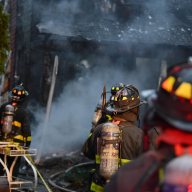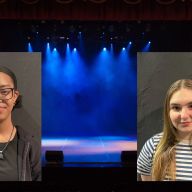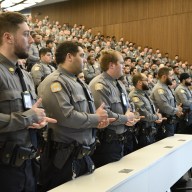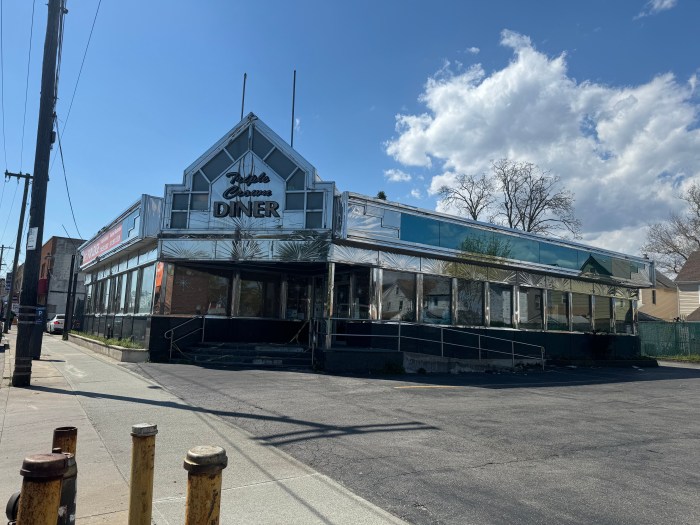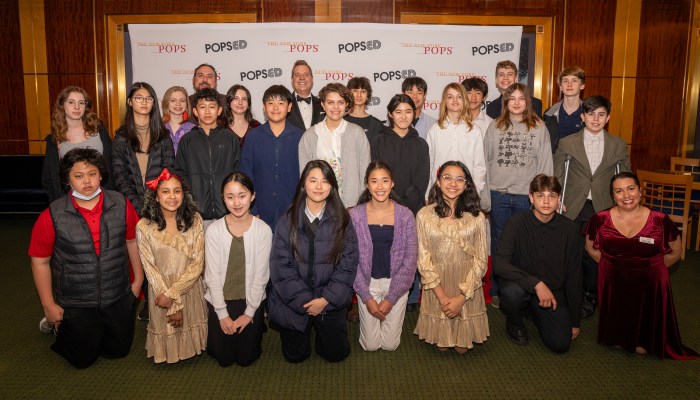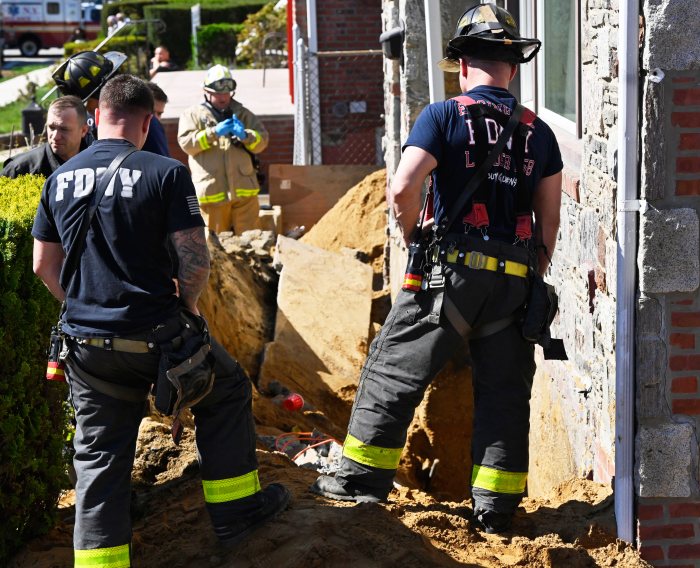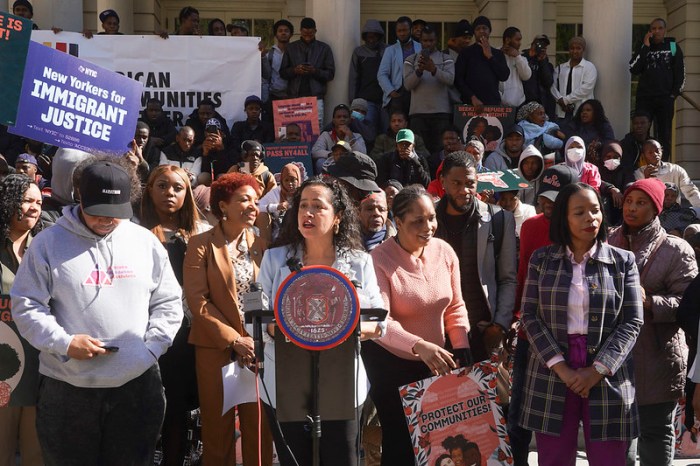Going to college without immigration papers
BY ALLAN WERNICK
Q. What can we do to help undocumented students?
I work with high school students throughout New York City, helping them prepare for college. My colleagues and I want to help undocumented students pursue higher education.
- D.L., New York
A. Many undocumented students do exceptionally well in college, and after a time, get legal status. Most colleges, public and private, admit undocumented students. Some even have private funds available to help them, though undocumented students are not eligible for most forms of public financial aid.
Undocumented students attending the City University of New York (CUNY) campuses where I teach (19 of them), have some unique opportunities.
Under New York State law, most undocumented students pay the same low tuition paid by U.S. citizens and permanent residents. A student qualifies for in-state tuition at CUNY if he or she:
a) Was enrolled in CUNY for the fall 2001 semester and qualified for in-state tuition.
b) Attended a New York State high school for two or more years, graduated, and applied to attend CUNY within five years of receiving a New York State diploma, or
c) Received a New York State Graduate Equivalency Diploma (GED), and applied to attend CUNY or SUNY within five years of receiving your GED.
To get in-state tuition, undocumented immigrants meeting these criteria must file an affidavit stating that they have applied to legalize their status, or that they will apply to do so when eligible.
Undocumented students may even qualify for financial assistance. For example, undocumented students qualify for the Peter F. Vallone Academic Scholarship Program, financed by the city. That program awards $1,250 per year to full-time students with a B average who enroll directly in a CUNY college. To get a Vallone Scholarship, the student must enroll in CUNY within one year of graduating from a New York City high school.
The best undocumented high school students may qualify for the CUNY Honors College. CUNY finances the Honors College from private sources and thus it is open to outstanding students whatever their immigration status. Honors college students receive a full tuition scholarship, a stipend, a laptop computer and special tutoring.
For information about these programs and other information on studying at CUNY, call 1-800-CUNY-YES, or visit the CUNY Web site, www.cuny.edu.
Abused by husband
Q. My husband abused me, but it is too late for me to self-petition for permanent residence. Does the law provide another way for me to legalize my status?
I came here in 1997 on an F-1 student visa. Eventually, I married a U.S. citizen. We were together for a few years, but he was abusive. Finally, I left him, and six years ago, we divorced.
After that, I began living with another man with whom I had a daughter. He, too, became abusive.
I recently learned about the Violence Against Women Act (VAWA), but since I have been divorced from my first husband more than two years and I never married the second man, I do not qualify.
- Mama, New York
A. You may qualify for permanent residence under the special VAWA rules for a “cancellation of removal” green card.
It is true that to self-petition, an abused spouse must apply no later than two years after divorce from the abusing U.S. citizen or permanent resident spouse. Under the VAWA cancellation of removal rules however, abused spouses who have been in the United States for three years qualify for permanent residence granted by an immigration judge.
You would need to prove that you have been subject to battery or extreme cruelty, that you have been a person of good moral character, and that your deportation would result in extreme hardship to you, your child or your parent.
To get cancellation of removal, you would need to get the government to start removal (deportation) proceedings against you. Because you could be deported if the judge rules against you, get expert help before considering a VAWA cancellation of removal application.
Domestic violence victims can get free legal advice by calling Safe Horizon at 800-621-4673.
Allan Wernick is a lawyer and chair of the City University of New York Citizenship and Immigration Project. He is the author of “U.S. Immigration and Citizenship - Your Complete Guide, Revised 4th Edition “Send questions and comments to Allan Wernick, Daily News, 450 West 33rd Street, New York, N.Y. 10001. Professor Wernick’s web site is www.allanwernick.com.
Allan Wernick’s Immigration column is reprinted from the Thursday, June 26 editions of the New York Daily News.











